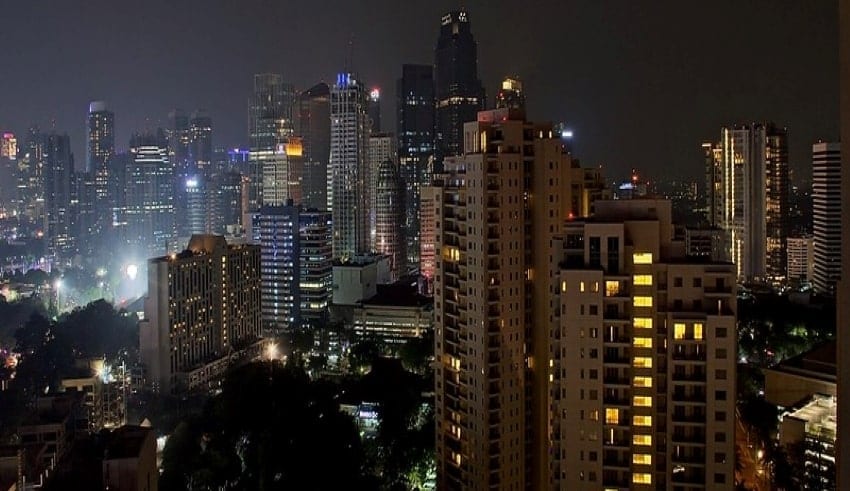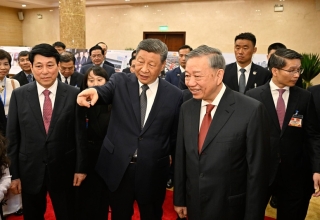
The coronavirus pandemic is one of the unprecedented times that the world has faced and it has delivered worst economic shock in decades by pushing governments to enforce lockdowns or laws of social distancing that have caused extensive economic harm.
This year, It there were deep recessions caused by the pandemic that are expected to leave permanent scars over a long time through a decrease in investment, the loss of human resources through lost jobs and education, and the fragmentation of global trade and supply links.
It’s the same with Indonesia. Looking back, the reporting of it’s first infections last March in the country has reported a total of 569,707 confirmed COVID-19 cases and 17,589 deaths. Aside that it was shocking, economic activities were derange by the virus and the Government relied on the State Budget to finance the efforts to handle and recover COVID-19 in order to provide social assistance to those economically affected by the upshot of pandemic.
In view of this, the President highlighted points to work with. First is health management. It’s main focus will be on vaccination with regard to the handling of COVID-19. Second there should be a focus area in particular for the less fortunate and disadvantaged groups which is a social security.
Consequently, The economic recovery program, especially the support for MSMEs and the business world, is the third priority. The fourth focus area is to create a stronger base by carrying out structural reforms in health, education, social security.
Through this, The budget are Rp1.032 trillion for ministerial and administrative spending and Rp795.5 trillion for municipal and village funds transfers. With a total of Rp169.7 trillion it was shared for the health sector, Rp550 trillion for the education sector, Rp417.17 trillion for the development of infrastructure, Rp408.8 trillion for social safety, Rp99 trillion for food security, and Rp26 trillion for information technology development.
Another thing is the Rp1,032 trillion for ministerial and administrative spending and Rp795.5 trillion for transfers of municipal and village funds are included in the allocation. In contrast, The President also called for flexibility in resolving the current state of instability by using the budget and demanded ministerial ranks and regional and institutional heads to carry out budgetary reforms to improve the economy.
Recently, in response to a call for the ameliorate of budget, Budi Gunadi Sadikin, The Chairman of the National Economic Recovery and Transformation Task Force, highlighted that he had reallocated the national budget for economic recovery, which includes funds for the health sector.
In addition to this, they also gave Rp203.6 trillion, or 86.88% of the budget ceiling that was allocated to social security, and Rp97.05 trillion, or 84.53% of the budget ceiling that hand out to micro, small and medium-sized enterprises.

























optimal article